GTG Links 48 – AI impacts, Google and Amazon ESG target misses, Eco Modes + Electric Planes (!)
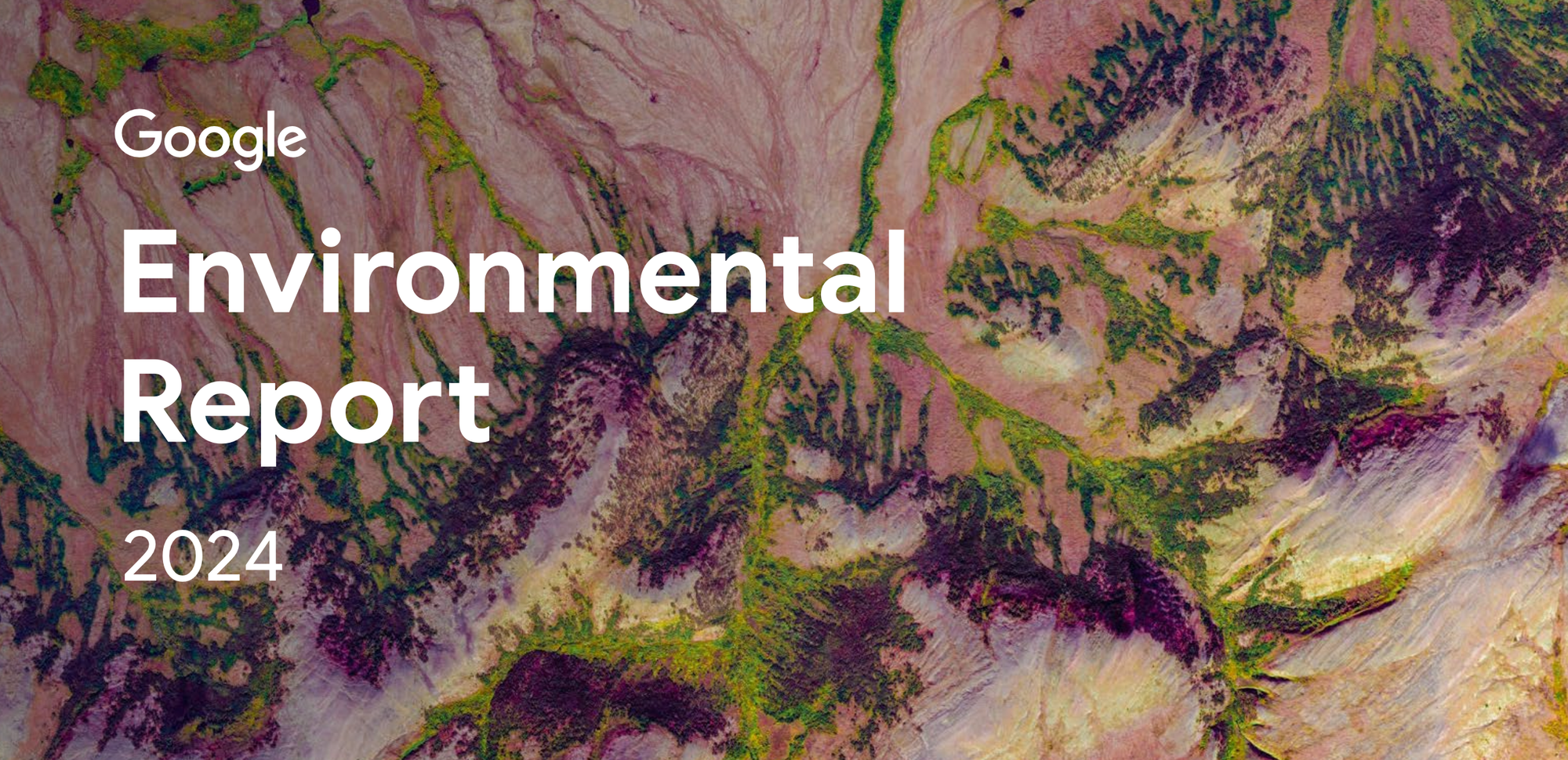
Been a while, so we have accumulated a ton of exciting, disappointing, and all-around interesting news to share. Our SGA webinar on the impact of EU sustainability legislation yesterday was great, and I'll share the video and slides here when its up for those who couldn't make it. Big changes are afoot.
Not a huge amount of games stuff, but plenty of tech, AI and climate news that will (sooner or later) have a long-term bearing on the games industry.
For Honour released an eco-mode

A detail that might have gotten lost amongst all the other stuff happening, but back in April (!) For Honor added an eco-mode that's worth celebrating.
On Current Gen consoles (PS5, Xbox Series S & X), a new Graphic Settings is added to enable an ECO Mode to save energy by reducing framerate, resolution, and graphic upgrades. Four modes are offered: Off, Minimal that activates only in the menus, Smart that activates after 2 minutes of idle time and Full that activates at all times. In the menus only, an ECO Mode icon will appear when it's activated.
Next step, quantifying all the energy saved by these new modes in games. As I mentioned in this week's SGA webinar, this is an important requirement for green claims in Europe given the context of the Green Claims Directive.
Andreas is looking for help with his tree-planting mobile game

End of the graphics arms race?

"The console war began as a missile race. With each side trying to push the edge of tech. People talked about teraflops all the time without really understanding what it meant. You had all these different kind of metrics that people were throwing around," he says.
"But we've got to the point now where you have advanced ray-tracing and most of the platforms can do 60 frames per second, some can do 120, which your eye can't register anyway. I think we're at the edge of that universe now, we're in the realm of differences that only dogs can hear. And maybe that's not where the emphasis should be anymore. So let's go back to… what can I do that would be amusing, entertaining and interactive so that someone would want to spend their money and time, and enjoy themselves in a way that means they get value for money, and we can continue to pay at least living wages or better to the people who make them."
In 2023 Google’s emissions grew again – now up 48% over its 2019 baseline thanks to AI
After the shellacking that Microsoft received about a month ago for being on entirely the wrong trajectory for its 2030 targets, it's now Google's turn to get the same treatment. Fourteen million tonnes of CO2 were emitted by Big G last year – which is virtually the same amount as all of the biggest game companies combined disclosed in the last Net Zero Snapshot. Yiiiikes.
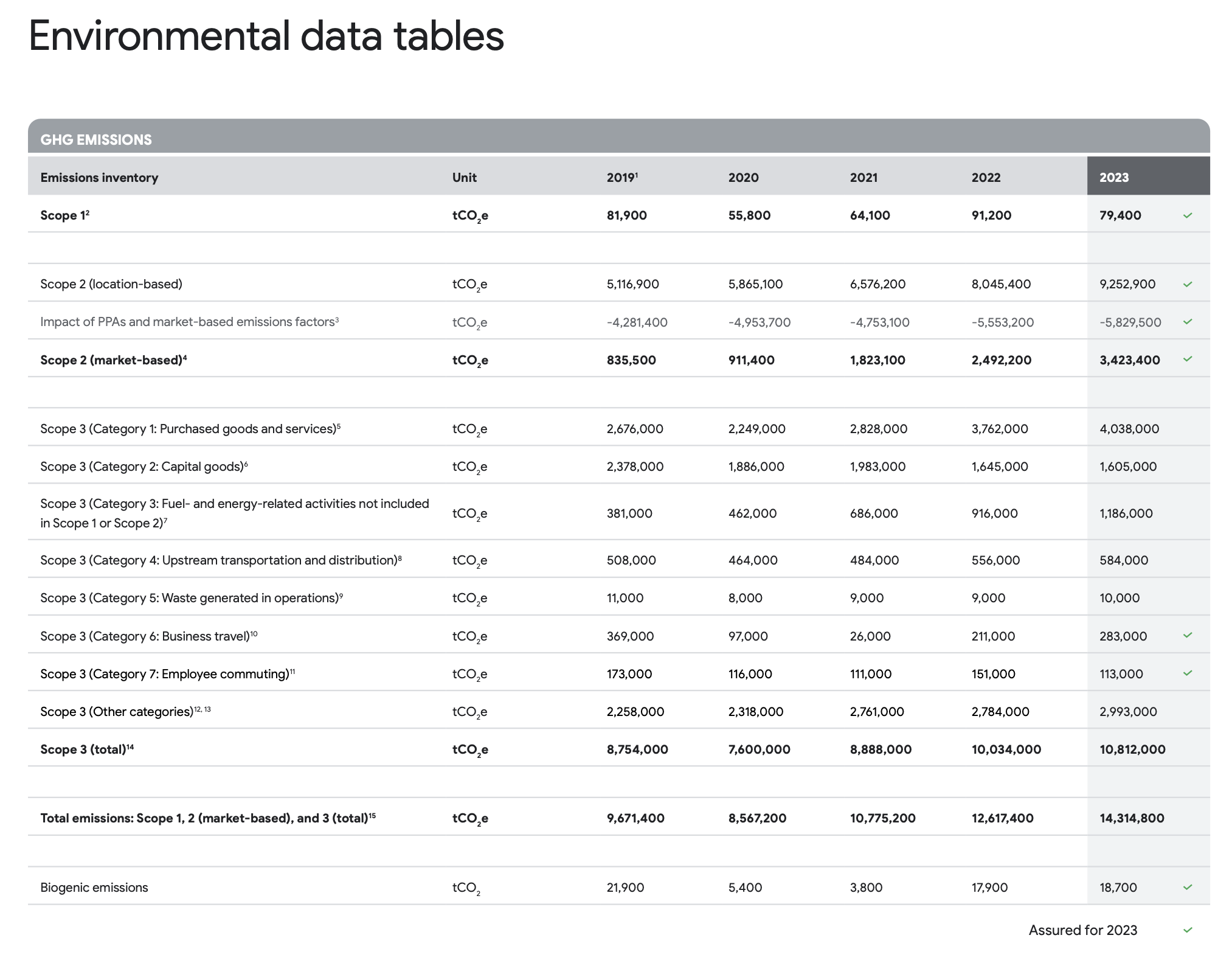
Importantly, thanks to these disclosures more attention is on them than ever before. The FT covered the jump in emissions as did a couple of other outlets.
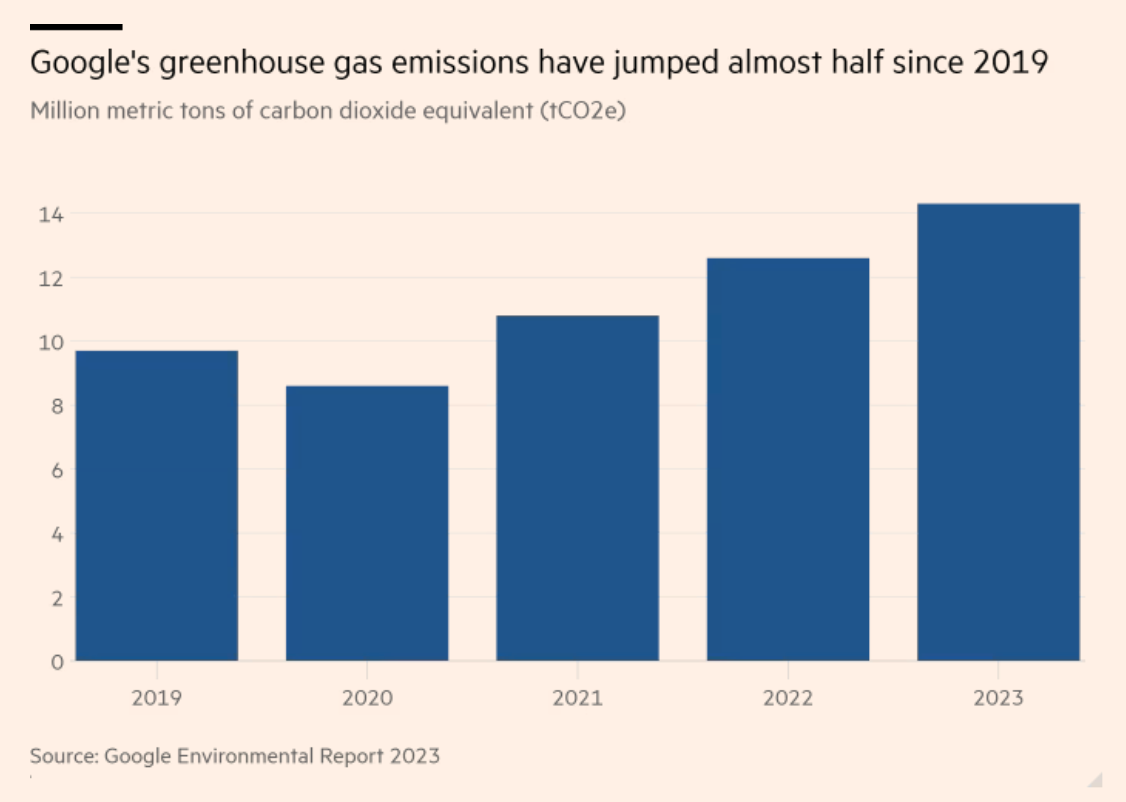
Bloomberg reported that alongside this year's report, Google is no longer claiming to be carbon neutral – exiting the purchase of (mostly) forestry credits. They take a fairly soft line on it as Google "learning" which, well, our take might be a little different:
It’s a sign of a company learning to adapt to strengthening sustainability criteria. “In line with a changing market — including a more robust carbon-removal ecosystem we helped catalyze — we’ve shifted our strategy,” a Google spokesperson said. “We aim to avoid or reduce greenhouse-gas emissions to reach our absolute emissions reduction target.”
Here’s Google's full report [PDF] and you can check out their past ones below.
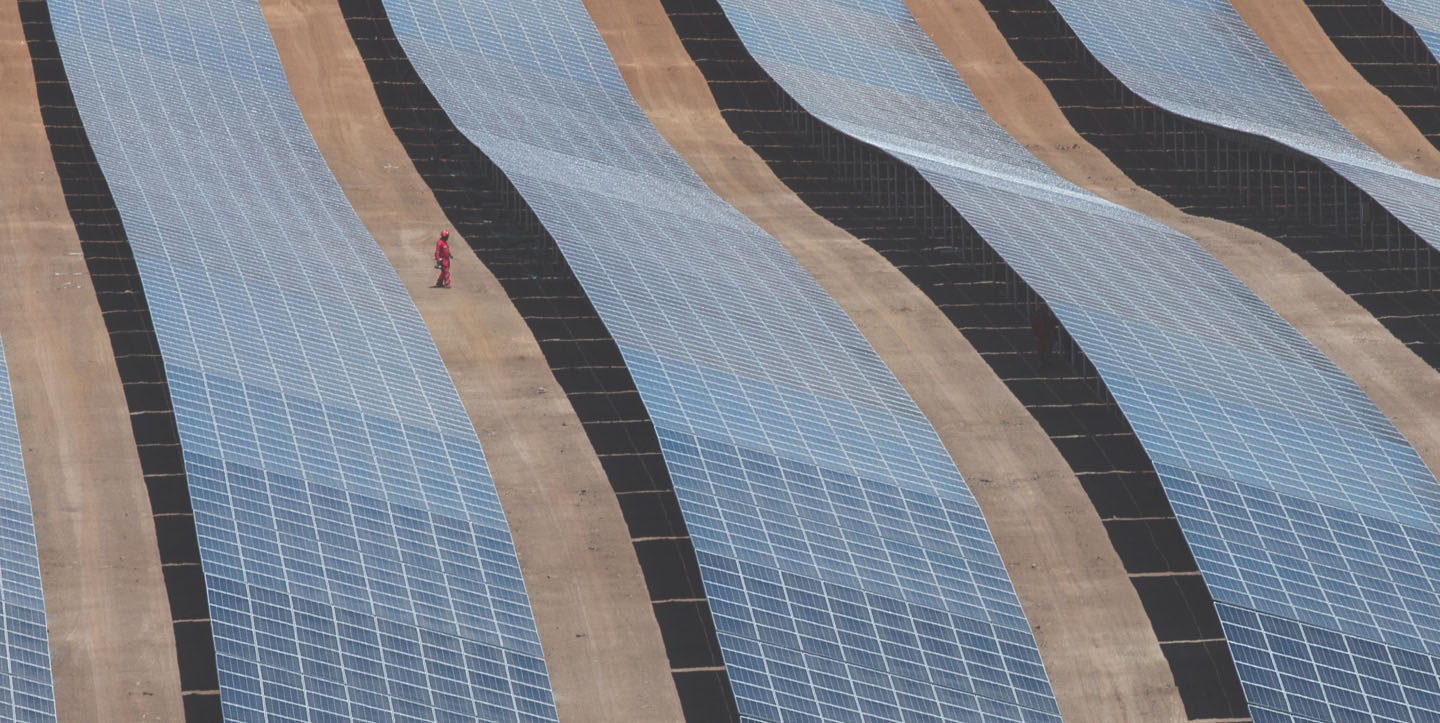
Amazon also released their annual ESG report
It's not nearly as detailed as we might want – there's no nice clear table breaking down emissions by category.
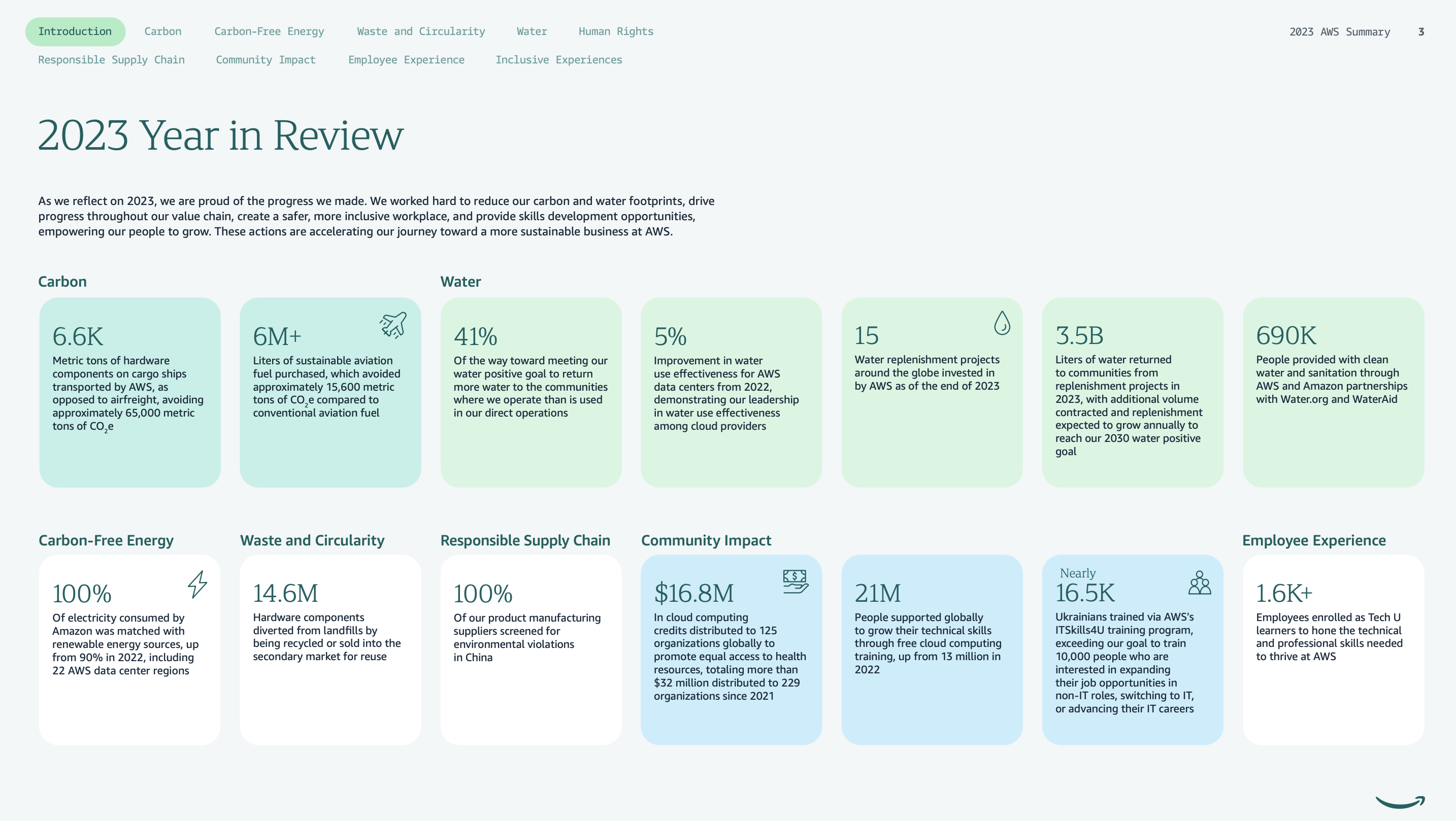
But the Amazon Employees for Climate Justice group had some thoughts about the report! Main issues: the use of unbundled RECs (a legitimate concern!) and the exclusion of major categories of third party products from their footprint. In other words, people selling stuff on Amazon aren't showing up in their total – which, yeah, is a BIG omission.
As employees, we’re outraged with Amazon's misleading announcement today that “Amazon meets 100% renewable energy goal 7 years early." We estimate that in the US, Amazon actually only gets 22% renewable energy from the local utilities where its data centers operate. pic.twitter.com/kkqYRq3sVc
— Amazon Employees For Climate Justice (@AMZNforClimate) July 10, 2024
Okay there's no avoiding it – lets talk about AI and energy
This is basically the topic that has been consuming the entire sustainability discourse for the past month or two. Here's a couple of the key pieces.
AI power demands are getting to be too much for many power grids

In response to this, the IEA is holding a conference on AI and energy consumption in December.

“Carbon accounting in the Cloud: a methodology for allocating emissions across data centre users”
“This paper outlines the approach that Google developed to quantify location- based emissions of its individual products. There are five primary areas of com- plexity. First, Google data centers have millions of different devices, including hundreds of distinct component and machine types, consuming electricity all over the world. We need to measure the electricity consumption of as many of these devices as possible and fill in the gaps when electricity measurements are not reliably available. Second, Google’s “warehouse-scale computer” approach means that many data center resources are shared across teams and products [6]. This drives higher efficiency, but presents accounting challenges. Third, Google creates many products and services that are used not only by external users, but also by company employees and internal teams. This circularity needs to be accounted for in an honest allocation of emissions. Fourth, Google consumes electricity all over the world, so we need reliable and comprehensive mechanisms for estimating carbon emissions in many different locations, many of which do not have reporting standards sufficient for our granular data requirements. Fifth, we have physical data that correlates with energy consumption in many but not all domains.”

How much of the web is covered by credible net zero targets?
The green web foundation updates on who has set targets.
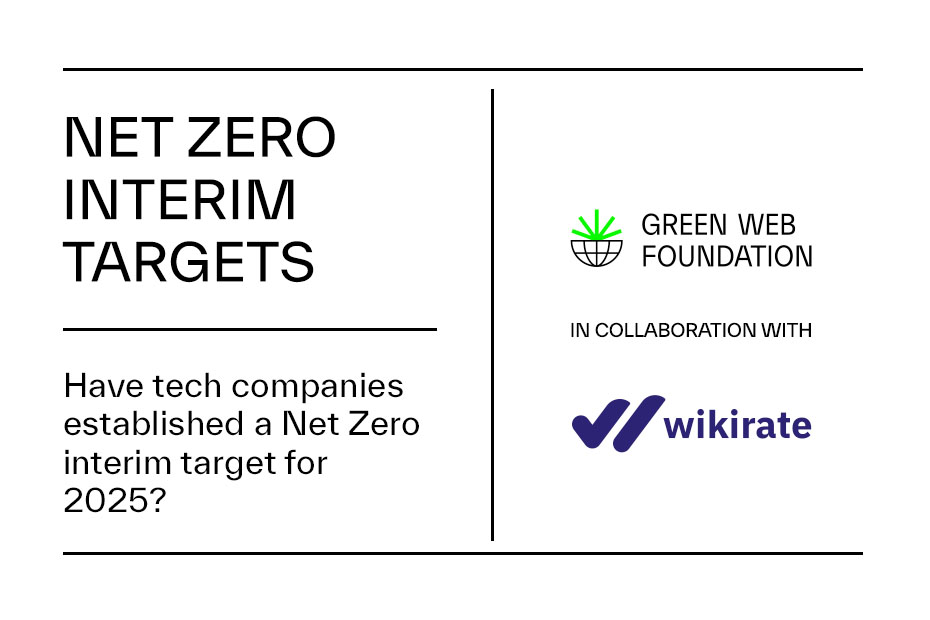
Geographies of Digital Wasting is a great research project on IT resource use – and particularly waste
And they have a great new website with all their work and findings on it.

The Price is Wrong – are renewables TOO cheap?
The Price is Wrong is a relatively new Verso book which has been (quite rightly) getting a lot of attention – Brett Christophers argument is something like this: "renewables being so cheap is both a blessing and a curse because, under capitalism, what matters is not just prices but profit". His argument is that renewables have struggled to deliver the sorts of profits that would incentivise the sort of massive investments in renewable power that we know is needed. And he's right, especially in the high inflation period of the last few years which we are only just starting to leave behind.
But there's also stuff that Christophers omits, specifically, the impact of grid-scale batteries and the time-shifting and arbitrage opportunities they provide, which are increasingly relevant and which are starting to force out legacy fossil fuel infrastructure. I really enjoyed this review, as it makes some really good additions while also functioning as an encouragement to read Christophers important book. Give it a crack.

Climate Corner
A bunch of interesting pieces this week – the first a feel good story from Hawaii.

And then a similar look at a Chinese court ruling in favour of an environmental NGO against a coal fired power station. This one seems like a genuinely complex situation, and I really appreciate this sort of on-the-ground reporting out of the world's most populous nation.
A regional court in China recently ruled in favor of climate activists in a lawsuit against a local coal power plant, marking a significant development as the country experiences increased legal claims against polluters and companies engaging in greenwashing.
Next, the deeply weird and perverse situation in India where water shortages leading to protests where police resort to using… water canons??? You couldn't make a more on-the-nose metaphor if you tried.
VIDEO | #Delhi water crisis: BJP leader Ramesh Bidhuri leads a protest at Jal Board filling pump, Okhla. Police use water cannon on protesters.
— Press Trust of India (@PTI_News) June 22, 2024
(Full video available on PTI Videos - https://t.co/n147TvqRQz) pic.twitter.com/THrwjXZgg6
And last, I really encourage you to check out this fantastic interview with a spokesperson for the Just Stop Oil group who last month sprayed orange stuff on Stonehenge and animated nearly all of Britain. Ernie's Kitchen asked them "why Stonehenge?" and the answer is illustrative.

Why go after things like Stonehenge rather than places more obviously involved in climate pollution?
When we go to the oil terminals, when we go to the politicians, when we go to parliament, the industries that are actually causing this issue – nobody knows that we've done it. So everyone turns around and goes, “why are you disrupting normal people?” And we're like, because we've done everything else and nobody knows and nobody cares. [JSO has an extensive page of press releases detailing all of their actions at these places, and it’s true – I’d heard of only a few of them.]






